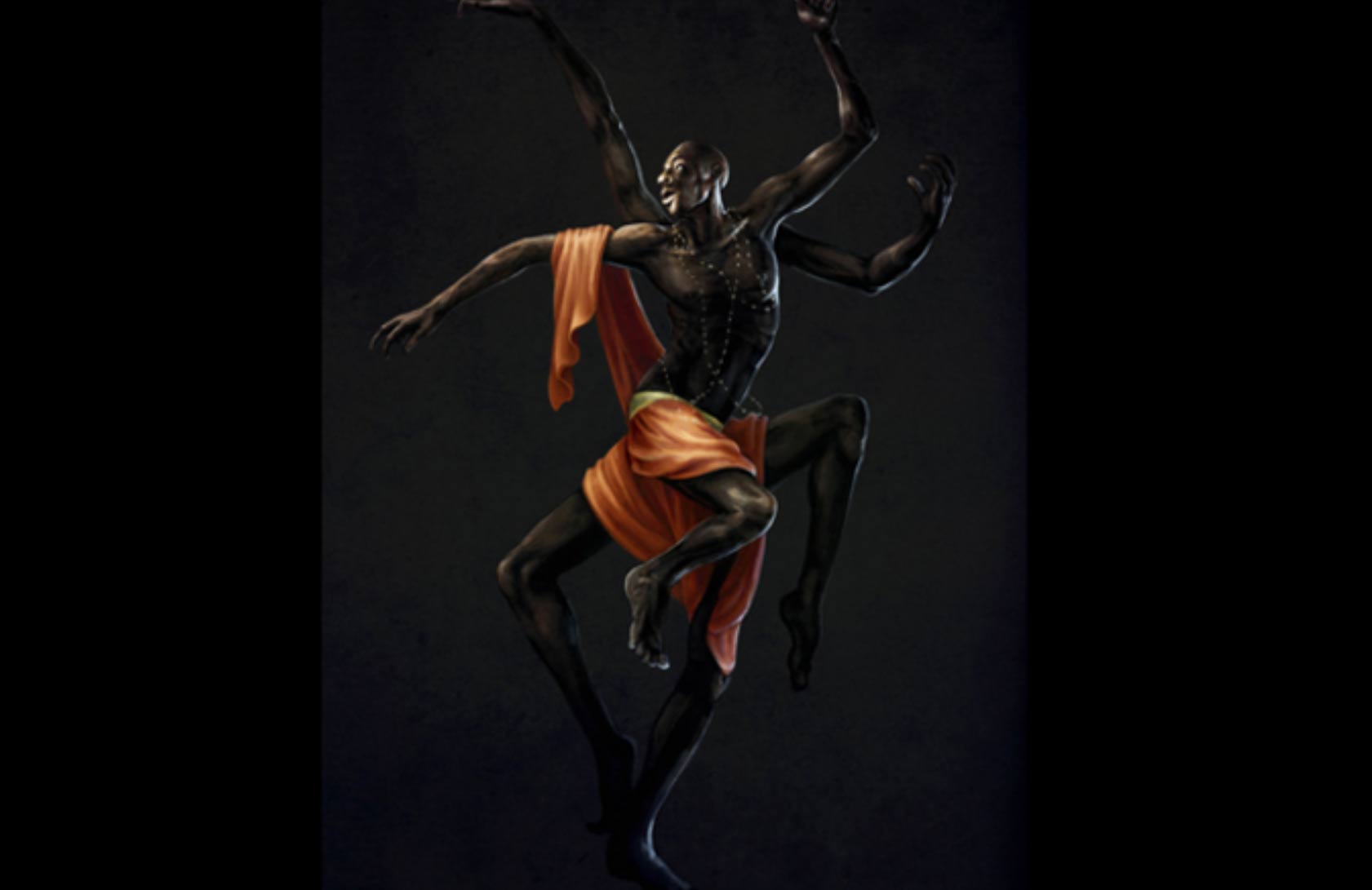Dadawa, as it is called in northern Nigeria is a spice used in seasoning up food and adding a special flavour to local soups and dishes.
It is known as Iru or Okpehe in other parts of the country, with different methods and ingredients used in its production.
It could be prepared from Locust beans or soy beans.
My description will be based on the Gbagyi method, as used by my mother over the years.
Dadawa is prepared using soy beans, sun-dried and bagged for a long time.
To prepare, you measure out a quantity of soya beans, let's say 3 measures.
The soy beans is then dry fried in a pot. Thus dry frying 'roasts' the soya beans. The reason for dry frying is to extract the bean product from the outer covering of the soy beans.
After dry frying, the soy beans are then crushed with a grinding stone to remove the outer covering, then the chaff is blown in the wind, we are then left with the bean product.
The bean product are then boiled in a pot for about 3 hours, to make them soft.
After boiling, the beans are drained from the pot completely, then put in bags.
The bags are them stuffed into big contained that will restrict the influx of air and the kept in an airtight corner.
The reason for this is to allow for fermentation.
The beans are left to ferment for a day and a half, if it does not ferment between this period, it is left to ferment properly.
Then the fermented beans are removed and dried in trays under the sun. Usually, hand woven trays are used in drying due to the holes underneath that allows air to help in drying.
When the fermented beans are dried, they are to be taken and pounded in a mortar.
Care most be taken in pounding to ensure that each bean is crushed.
Then, the pounded beans are moulded into shapes, preferably cake shaped and then dried again.
The drying is a continuous process, it could go on for three weeks until the cakes are hard.
All these done, the dadawa is ready to be used in seasoning food and soups.

We appreciate your contribution.
Join the Oriire Community
Become a free member to get the monthly roundup, unlock more challenges, comment on articles and bookmark your favourites





















Share
0 Comments